[dropcap style=”font-size:100px; color:#992211;”]…[/dropcap]or shrug indifferently, the legacy of Black Sabbath is inescapable.
Even an unfortunate whelp raised in a remote, soundproofed basement would recognise the opening of War Pigs. They are endlessly worshipped as the inventors of metal, and have informed almost all heavy music made to this day.
In truth, their classic output remains unimpeachable. The original quartet of Iommi, Butler, Ward and Osbourne concocted what remains some of the most thrilling rock music ever created. The dismissal of their earlier recordings as simplistic and repetitive by music journalists of the day seems akin to a lottery winner complaining their £3000 champagne is too fizzy- isn’t that exactly what constitutes the greatest riffs and the most memorable songs? The sheer drive of the drums, the deep, rolling grooves inhabited by the bass, the monstrous roars, drones and growls of the guitar, even Ozzy’s habit of vocally following the riffs note for note, have sealed Sabbath’s immortality.
If there were a point where Sabbath’s elemental power began to ebb, it would be when they attempted to add extra texture to their trademark sound. From around Volume 4 onwards, their occasional dabblings with strings, complex arrangements and keyboards became a recurring theme, with ever-diminishing returns. Surely, when the ghoulish Dark Lord of prog over-embellishment himself, Rick Wakeman, appeared to discharge superfluous keyboard excretions over ‘Sabbra Cadabra’, someone could have collared them for a word of warning? Of course, these ditherings can now be recognised as symptomatic of the levels of substance-addled torpor sunk to by all concerned. Despite further masterpieces, not least the crushing metal tsunami of ‘Symptom of the Universe’, they had clearly not altered their collective state of mind for the better.
Following Ozzy’s dipsomaniacal departure, Sabbath slid from their thrones to become a pantomime parody of themselves. Despite his sad passing, some blame can be apportioned to late singer Ronnie James Dio. Considering his sword-and-sorcery themed lyrics, and his pedigree fronting bands named Elf and Rainbow, surely a career in children’s TV would have been more appropriate? Though a more technically accomplished vocalist than Ozzy, his penchant for banshee wailing and OTT theatrics were intrinsically bound to garner ridicule. This, in itself, set a precedent for the future of rock, reaching its nadir in the poodle-permed histrionics of the 80’s. From Dio on, Sabbath’s star was falling fast.
Nevertheless, for a horror-movie fixated, factory-working bunch of Black Country blues obsessives, it seems unprecedented that, through down-tuning their guitars, they would attain such a deific status in the annals of modern music. They now are to heavy rock what Abba are to cheesy karaoke pop. Ozzy Osbourne has even become recognisable to millions of rock and metal-averse TV addicts for slurring obscenities at handbag-sized dogs and attempting to quad-bike up a tree.
It cannot be denied that their influence is all-pervasive, from the most subterranean of bong-bound doom-merchants to the relatively mainstream stylings of the early 90’s grunge brigade and beyond. For this, they can only be applauded.
[ This vignette is part of our 500 words on Black Sabbath series ]
Credit: Illustration by Derren Toussaint. 2018.

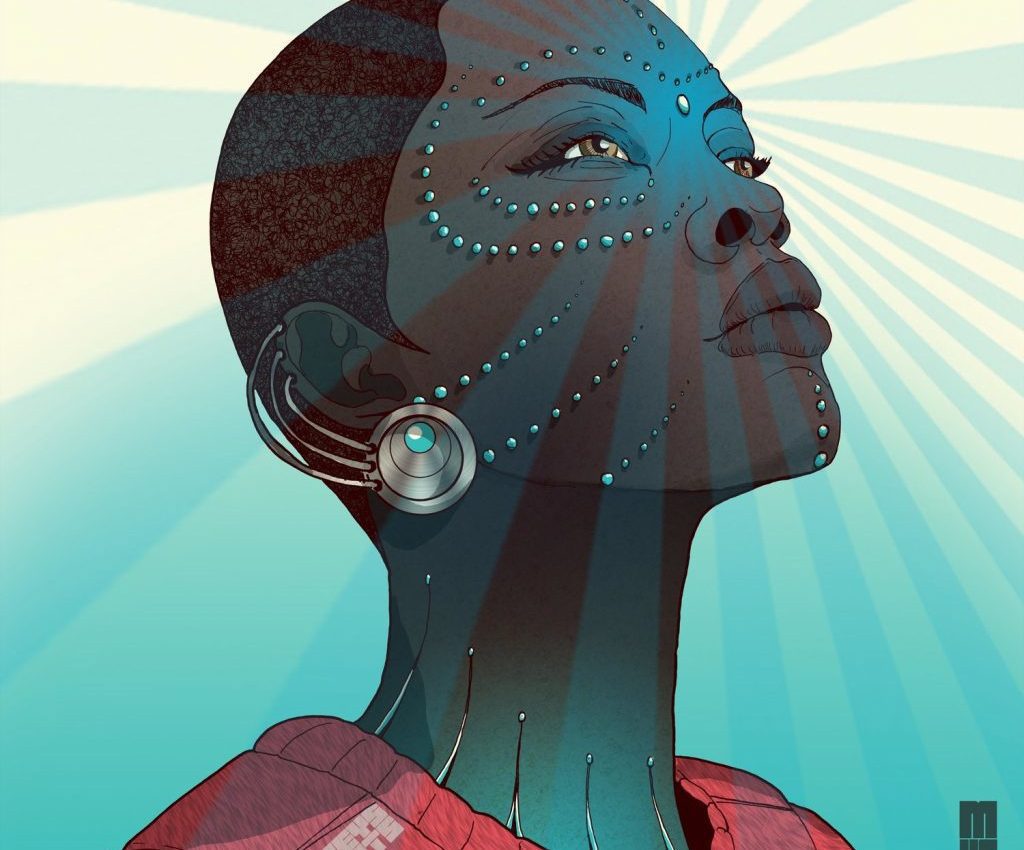
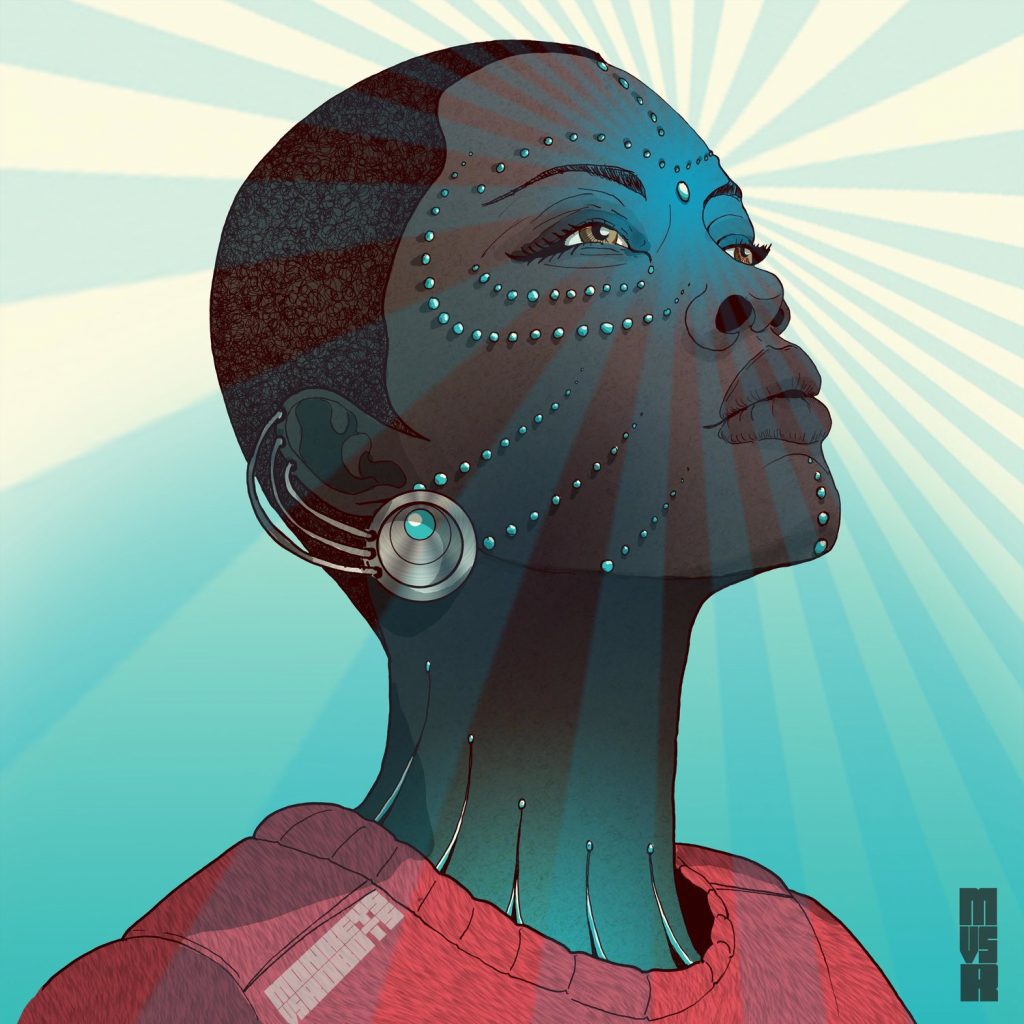



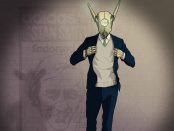
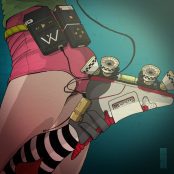
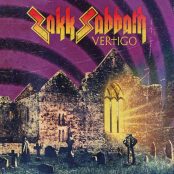
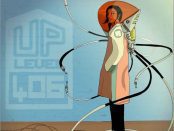












Angie Scarpa